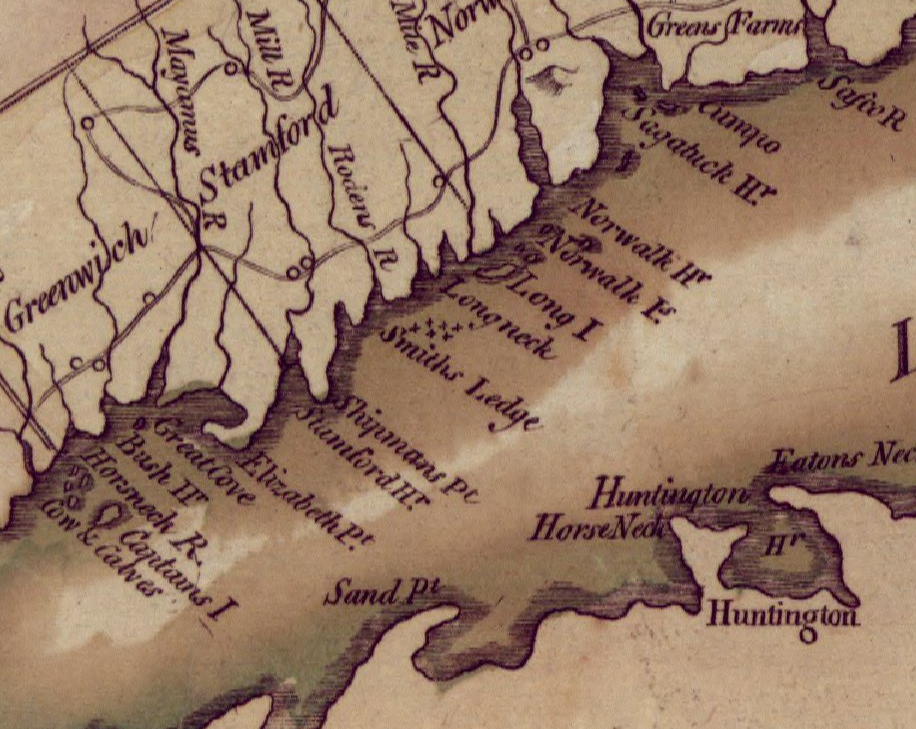During the Revolutionary War, American privateers utilized armed whaling boats to keep the British from the colonies’ shores and prevent illicit trade in British goods. In 1778, 1779, and 1780, the Connecticut General Assembly passed numerous acts forbidding trade with the British, but these acts proved difficult to enforce. The limited resources of the Continental navy opened the door for seagoing privateers along the Connecticut coast to enforce trade restrictions, seize supplies intended for the British war effort, and offer protection from enemy attack.
In Stamford, privateer whaling boats fell under the command of Ebenezer Jones. Jones received a commission for three boats which he owned and commanded. These boats were the Rattlesnake, Viper, and Saratoga. Each carried one gun and approximately 10 crewmen, and Jones employed them in the defense of Stamford harbor.
Privateers Capture British Ships
Jones’s small fleet met with great success during their deployments, capturing or securing the cargo of such British sloops as the Tryon, Dorset, and Polly. (Sloops are smaller, single-masted vessels.) In addition, he took the schooner Anson and other British schooners loaded with wood, hay, and other valuable supplies. (Schooners usually have fore-and-aft sails on two or more masts.)
Jones’s most famous exploit involved the capture of an unnamed British warship. Sneaking up on the vessel in a dense fog, Jones pretended to be an irate British inspector. From his whaleboat, Jones harangued the British captain for letting Jones’s boat approach unchallenged. Maintaining a disciplinary and belligerent tone, Jones managed to bluff his way onto the British ship. Once aboard, Jones signaled his other whaling boats to emerge from the fog, surround the ship, and bring it back to Stamford.
While many boat operators had their commissions revoked in 1781 for secretly engaging in trade with the British vessels they encountered, it does not appear that Jones engaged in this behavior. If he did, he was never caught, as his sanctioned privateering lasted through the end of the war. From the commissioning of his small fleet in 1780 until its decommission in 1783, Jones captured or seized the property of at least 35 British vessels.








